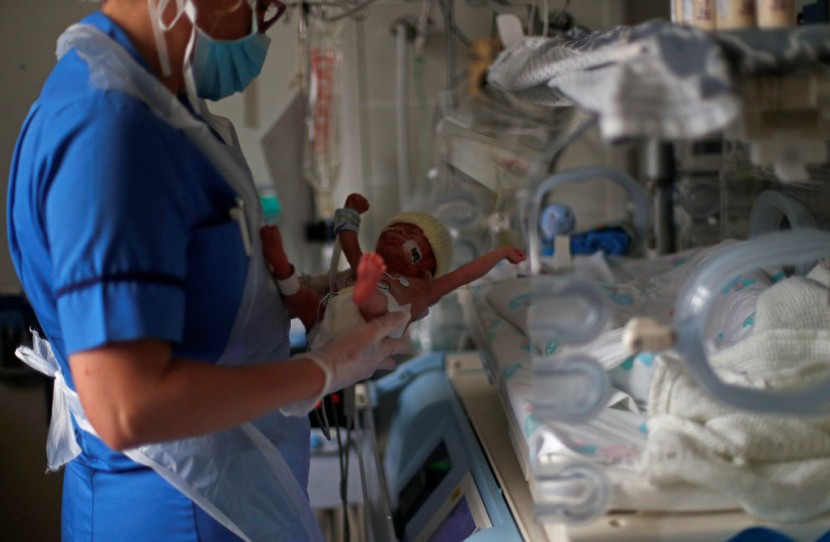
SINGAPORE - In order to reassure his people who are facing the financial pressure during this pandemic, the deputy prime minister of the country shared that they will offer a one-time payment to aspiring parents who are also worried about their jobs.
Heng Swee Keat mentioned to lawmakers on Monday that they have received feedback that coronavirus has caused a number of aspiring to postpone their parenthood plans.
He also stated that it is fully understandable, especially that in times like these, most of us are facing uncertainty in terms of our income.
The deputy prime minister also shared that the payment would help parents when it comes to their expenses, but the exact amount of the payout was not confirmed by Heng, CNN reported.
The economy of Singapore has been thrown into a deep recession, despite their major success in terms of their public health response against the pandemic.
Based on a number of economists, the GDP during the second quarter of the pear marked the steepest drop on record, as it shrank an estimated 12.6% if compared to the numbers in the same quarter from last year.
According to the global statistics, Singapore is the country that tallied one of the lowest birth rates in the world, and successive governments already failed in their attempt in reversing the current numbers.
Read also: Experts Warn That Face Masks Don't Work in the Rain, Urge Public to Change Coverings Regularly
Based on the data by the national statistics body, per woman, the fertility rate now stands at just 1.14 births.
According to the World Bank, the level of places with Hong Kong and countries like South Korea and the US territory of Puerto Rico are the only nations with lower rates.
In order for a nation to repopulate itself naturally, women should average 2.1 babies, but most of the developed nations are now under that level, which is declining number in the proportion of couples and the lessening importance of traditional gender roles have seen fertility rates dropping worldwide.
According to Yahoo! News, despite the efforts of the nation to reverse the ongoing trend since the 1980s, still, campaigns that encourage childbirth publicly and a host of financial and tax incentives unable to pause its slump.
According to the report wrote by the government in 2011, just like other developed countries, the major population challenges that Singapore faces are their aging population and low fertility rate.
They also mentioned that their aim is to achieve a sustainable population that supports both social cohesion and economic growth for Singapore to remain livable and vibrant.
Singapore has avoided the worst effect of the worldwide pandemic, as they were able to isolate suspected cases early, imposing strict lockdowns to avoid further transmissions and using and utilizing technological innovations to rush out a contact tracing network.
Based on the information of John Hopkins University, only 27 deaths in the nation were linked to coronavirus.
Not only Singapore faces the same issue as other neighboring countries also currently resolve the falling fertility rate, which was worsened by the global health crisis.
Not only small nations faced the problem as even China experienced their lowest birth rate, 70 years ago when the People's Republic of China was formed.
Related article: IRS Extends Deadline for $1,200 Stimulus Checks to November, Urging People to File Immediately
© 2026 HNGN, All rights reserved. Do not reproduce without permission.








